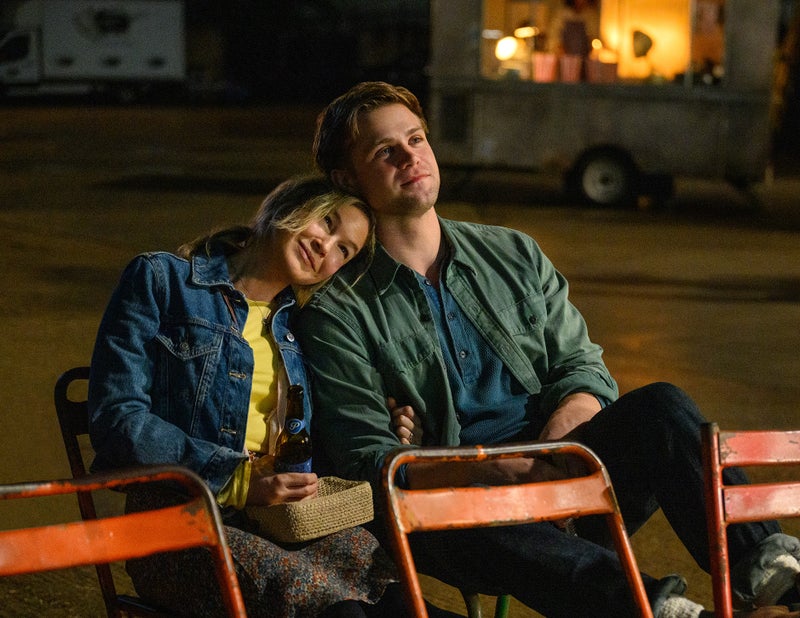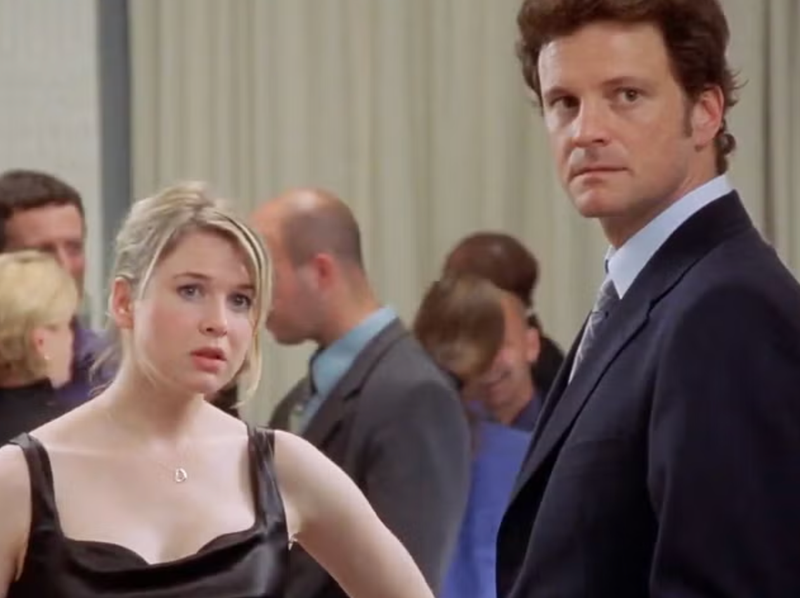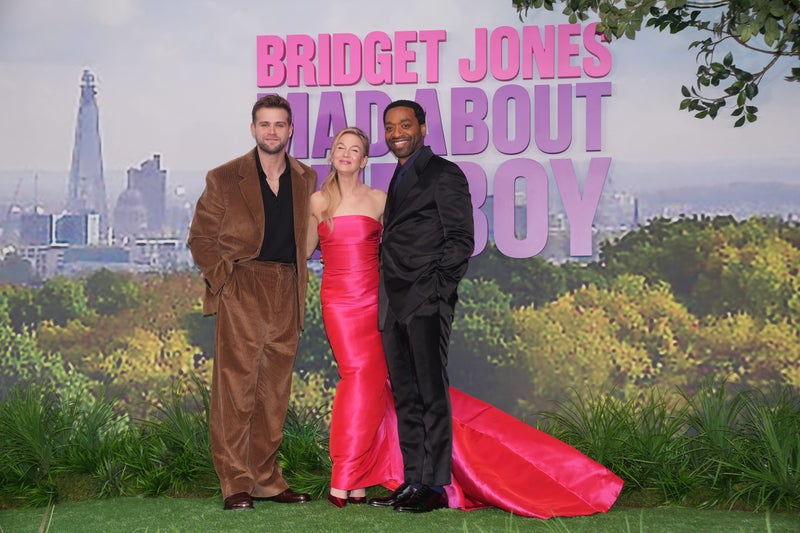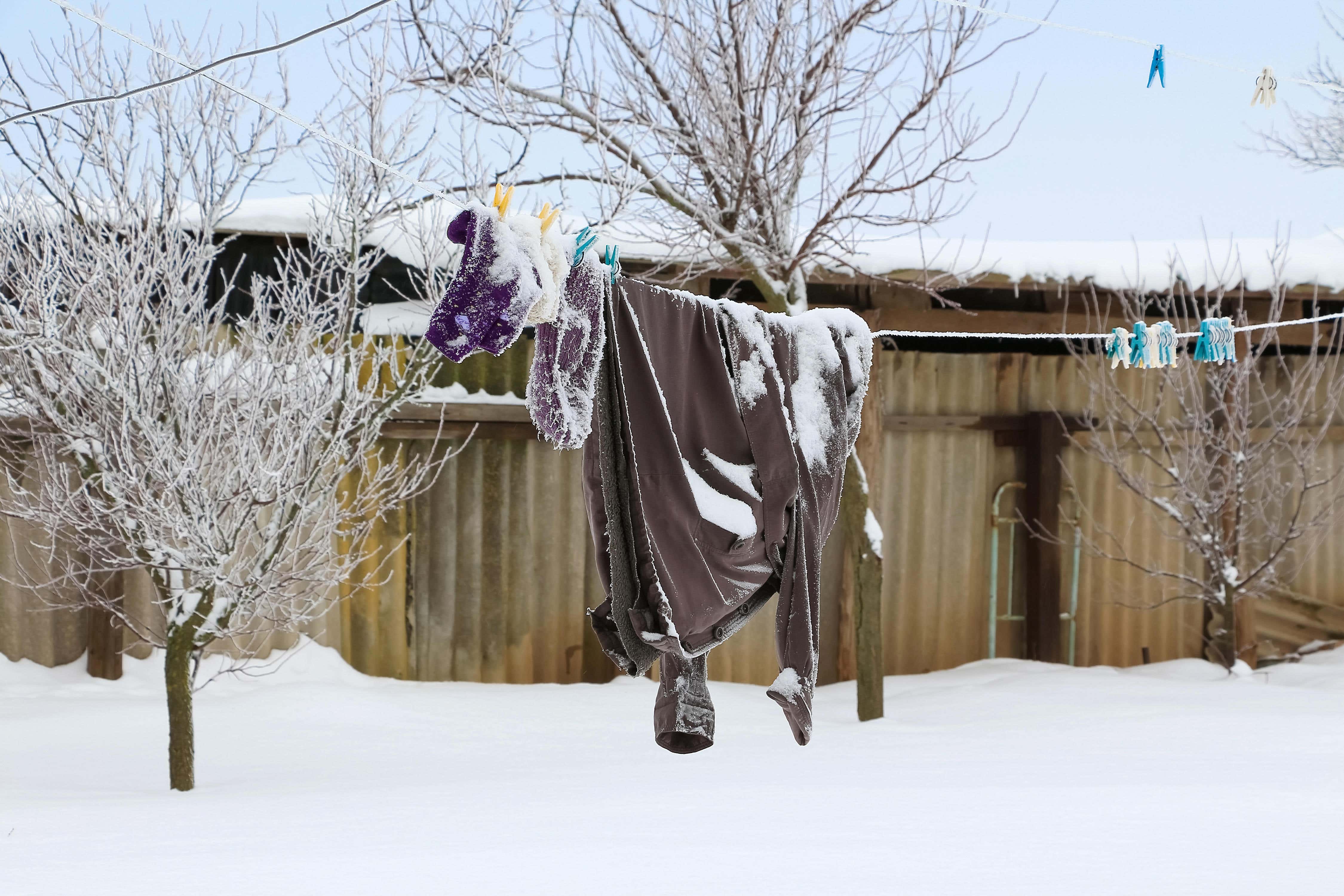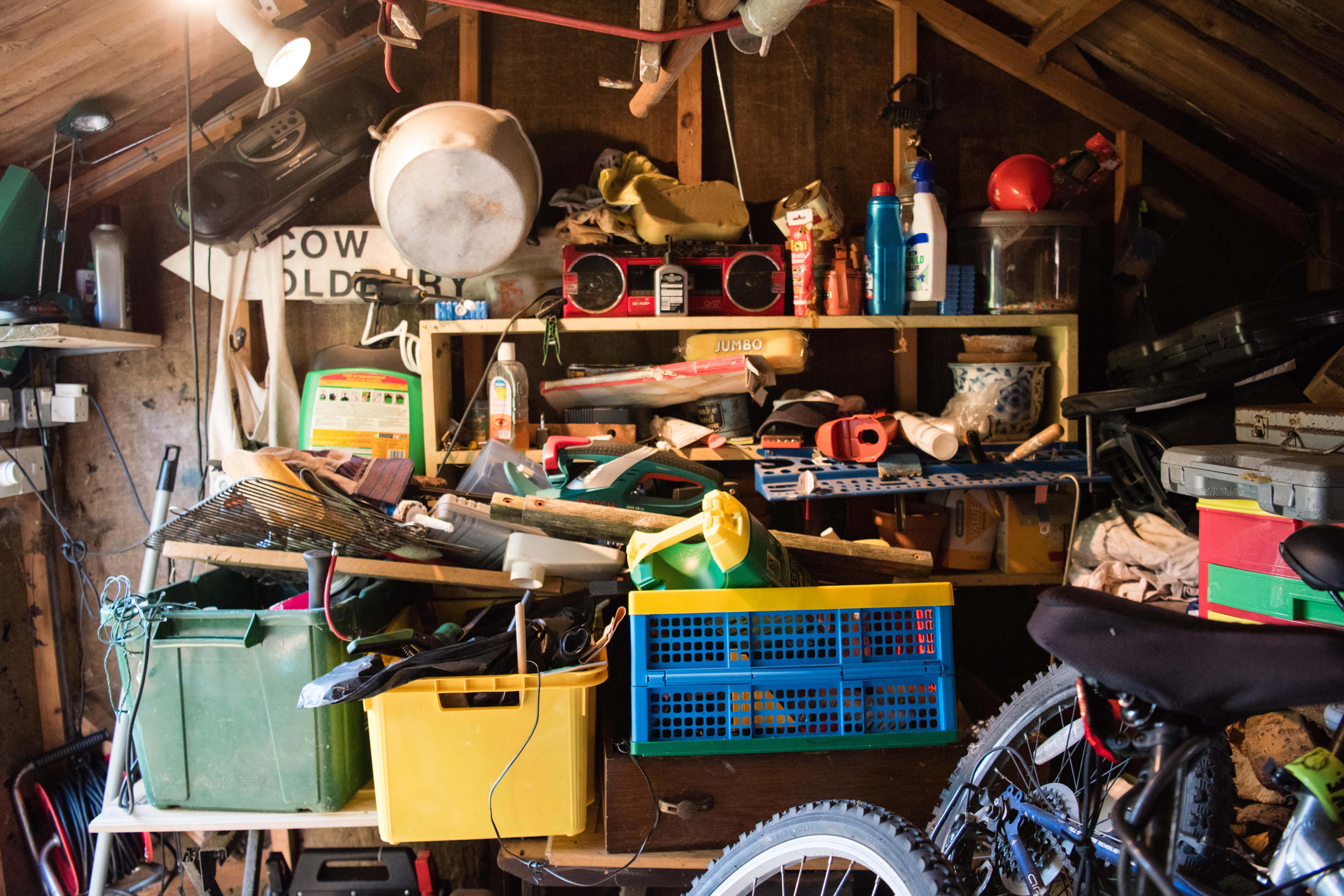‘I’d give anything to have my husband back’: The realities of diving back into dating as a widow
‘I’d give anything to have my husband back’: The realities of diving back into dating as a widow
Share:
As Bridget Jones fans prepare to see their favourite single girl dive back into dating after losing her husband, Mark Darcy, Olivia Petter speaks to real-life widows about the nuances of their love lives. Everyone’s favourite chain-smoking singleton Bridget Jones is single once again. Yes, the fourth Bridget Jones film, Mad About the Boy, based on Helen Fielding’s 2013 novel of the same name, finds the chaotic comic heroine, immortalised by Renée Zellweger, struck by tragedy: her husband, Mark Darcy, has been killed in Sudan, leaving her with two young children to raise on her own. Fortunately Daniel Cleaver, played of course by Hugh Grant, is back on the scene, while heartthrob-of-the-moment Leo Woodall stars as the titular boy whom Bridget starts dating. The film takes place four years after Darcy’s death and gains much of its comic juice from the pressures Bridget feels to re-enter the dating scene, which looks a little different these days. There are dating apps. Social media is a thing. And she’s also a 51-year-old single mother.
![[Chiwetel Ejiofor also stars in the film]](https://static.independent.co.uk/2025/02/01/16/53/2577_D057_00173R_scale-down.jpeg)
It’s a daunting set of prospects. But just as the first Bridget Jones novel, published in 1996, captured the agonies of dating for many thirtysomething women in the Nineties, her predicament in the latest instalment will be familiar to many who’ve dipped their toe back into dating after losing a long-term partner. It’s a situation that invariably necessitates having to navigate the boundless depths of grief while also trying to move on with someone new. It’s no mean feat.
Jones is certainly not alone in wanting to test the waters as a newly bereaved woman: more than two-thirds (63 per cent) of widows download a dating app within the first one to five years of losing a partner, according to research conducted by Chapter 2, the UK’s only dating app dedicated to widows and widowers. The study goes on to highlight some of the common difficulties faced by widows of all ages when they’re dating today, with 90 per cent admitting to feeling influenced by the memory of their late partner when seeking a new relationship and 45 per cent feeling guilt or hesitation about forming new relationships. Then there’s the simple shock factor of trying online dating for the first time when you are likely to be deep into middle age.
“It was like the wild west, full of dick picks, ghosting and married men,” says Nicky Wake, 53, founder of Chapter 2, who lost her husband of 18 years in 2020 to a long illness. “I had one date, a year after my husband died, with the dullest man on earth at a dreadful pub. I split the bill and ran as quick as I could home.” There were better experiences, though, like the “cheeky scouser” who brought chocolates for Nicky’s son and treats for her dog. “We had late-night cocktails and as I headed to leave to my hotel it transpired he’d packed his toothbrush and overnight bag.” After a two-year relationship, though, they split up. “I was still in the throes of grief and not ready to commit. But I do have some very happy memories of our adventures.”.
One of the things that makes grief so complex is that it’s not linear; you can feel completely happy one moment and in utter despair, longing for your bereaved partner, the next. “If you are a widow, it’s important to know that it’s healthy to continue to remember with fondness the person who has died,” says Andy Langford, clinical director at the charity Cruse Bereavement Care. “It is possible to do this whilst learning to love someone new. It’s just important to give yourself some time and space to work out when you feel ready to do this, or if you feel like you would rather devote time to yourself, and others who you care for.”.
Of course, this is easier said than done. “It is really hard,” adds Wake. “I’d already found my soulmate and he was cruelly ripped away from me. It’s hard to remain positive and hope you’ll find love again.”. For widows with children like Bridget, things are even more complex: over 60 per cent of those surveyed by Chapter 2 said they avoid discussing dating with their children altogether, driven by fears of how new partners might impact family dynamics. “At first my children were happy about it,” says Angela, 60, who decided to start dating again one year after her husband of 36 years died. “I was in Yorkshire on holiday by myself with my dog and I hated it. I'm not meant to be on my own. I was 58 and felt like I’d been robbed, so needed to get back in the saddle.”.
For a while, Angela trawled through various dating apps and websites before choosing one to sign up to, feeling hopeful about the prospects. But living in a rural town in west Wales offered up few local options. “I was appalled by the quality of people available,” she admits. After receiving endless messages from men she wasn’t interested in (“some creepy, others just wishing me luck”), Angela became disenchanted.
Eventually, she found a kind-eyed man and after three weeks of messaging met him in real life. “The connection was instant,” she recalls. “Eight months later and we’re still together.” Things moved faster than she initially expected. “Being a widow means you throw yourself into a relationship heart and soul because you know better than anyone else that it can be taken away in a heartbeat,” she adds. “Once you make that first, tender step into dating again, it’s because you want to. You need to.”.
